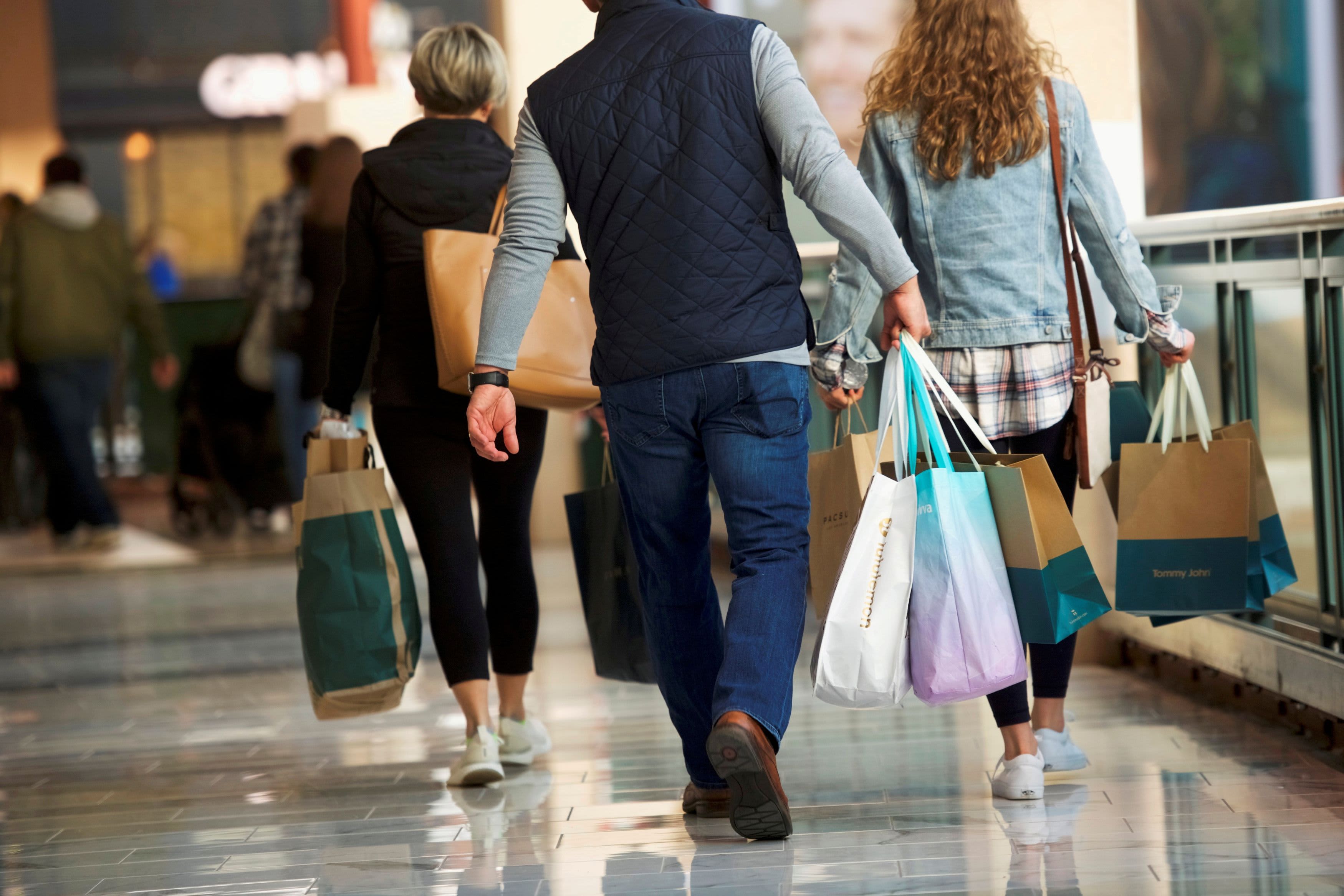Retail sales were expected to have fallen off in July, as consumers reacted to the delta variant of Covid and held off on online and vehicle purchases.
Economists expect retail sales fell by 0.3% in July, compared to a 0.6% gain in June, according to Dow Jones consensus forecast. Excluding autos, sales were expected to have gained 0.2%, after a 1.3% gain in the month of June.
The Census Bureau releases the monthly sales data at 8:30 a.m. ET Tuesday. The data will be released just days after University of Michigan consumer sentiment fell to the lowest level since 2011 on concerns about Covid and the impact on the economy.
However, Bank of America economists expect the decline in sales could look even more ominous, with a 2.3% month-over-month decline. The economists use Bank of America credit card data in their sales analysis, and they also expect the report to show a bigger decline than normal since July has included Prime Day sales in the past. This year, Amazon’s Prime Day was early, on June 22.
“This is not a one component story. It seems like it’s a much more broad-based slowdown,” said Joseph Song, senior U.S. economist at Bank of America. “From our perspective, the big story is there was less online spending in the month of July than in June.”
Song said service spending continue to be good but at a slower pace, according to card data. There’s been a clear slowing in travel spending, with air travel expenditures ending up negative for the month and hotel spending dropping off.
“We are starting to see some pullbacks, especially in discretionary spending and travel,” he said. Song said according to the card data, online retail spending was negative for the month, and it declined by 2% in the final seven days of July.
Consumers make up about 70% of the U.S. economy, and their spending is an important force in economic growth. Song said he is looking for a bounce back in August, as consumers make back-to-school purchases.
“All through 2021, travel was improving through the month of June and now it’s starting to turn back down — primarily air travel, but lodging is starting to show some softness as well,” he said. “This is indicative of consumers being more cautious because of the rising case counts of the delta variant.”
“Conference Board Consumer Confidence [Index], consumer sentiment — they all reflect some deterioration… it does seem like we are getting a little softening,” Song added.
Some other economists, however, do not expect the rapidly spreading delta variant of Covid caused too much impact yet, and a virus related pullback could come later on in August and September.
Barclays chief U.S. economist Michael Gapen expects a 0.2% gain, but he notes that it could possibly have been negative. He said if there is a decline, it would not necessarily be due to Covid at this point.
“It wouldn’t suggest Covid is causing people to retrench and stay at home. It would be a bottleneck story,” in which the supply chain is affecting availability of goods, he said.
Bank of America economists expect a 2.4% decline, excluding autos.
“Because a lot of that weakness is online spending, and we think Prime Day had an impact on that, we hope that things will bounce back in the month of August,” he said.
